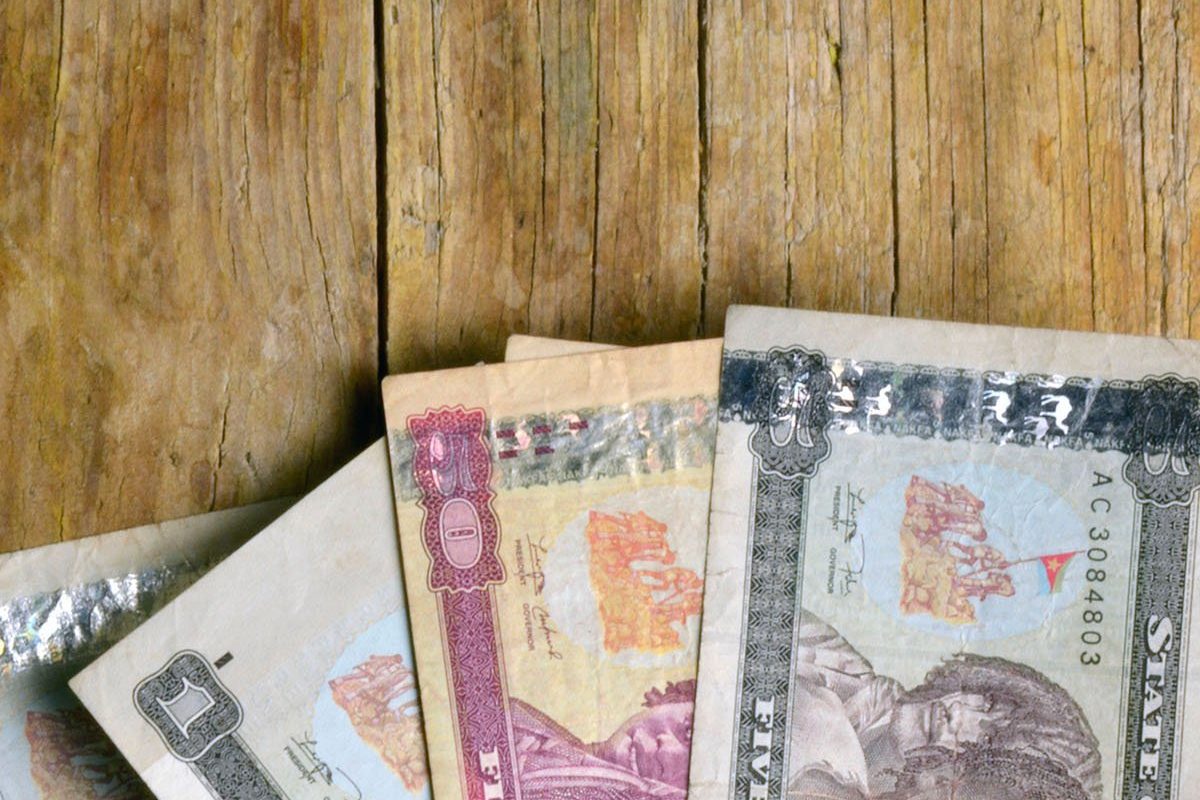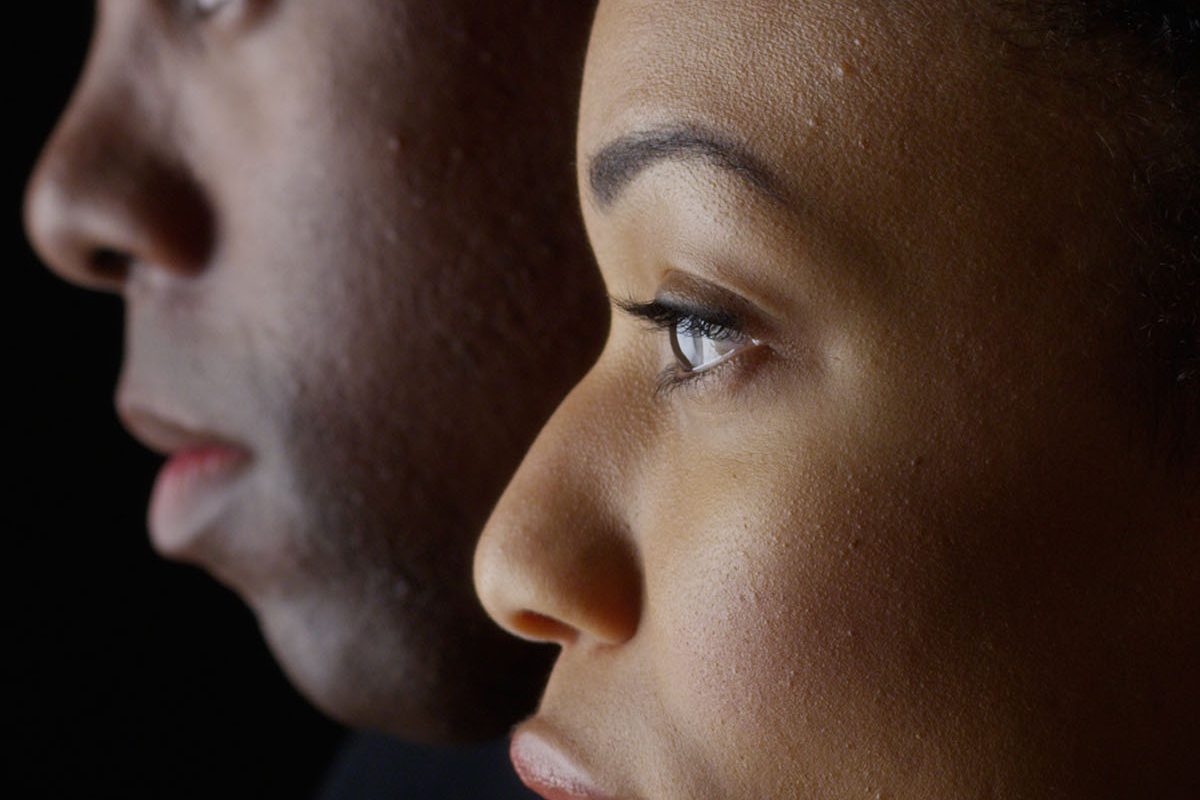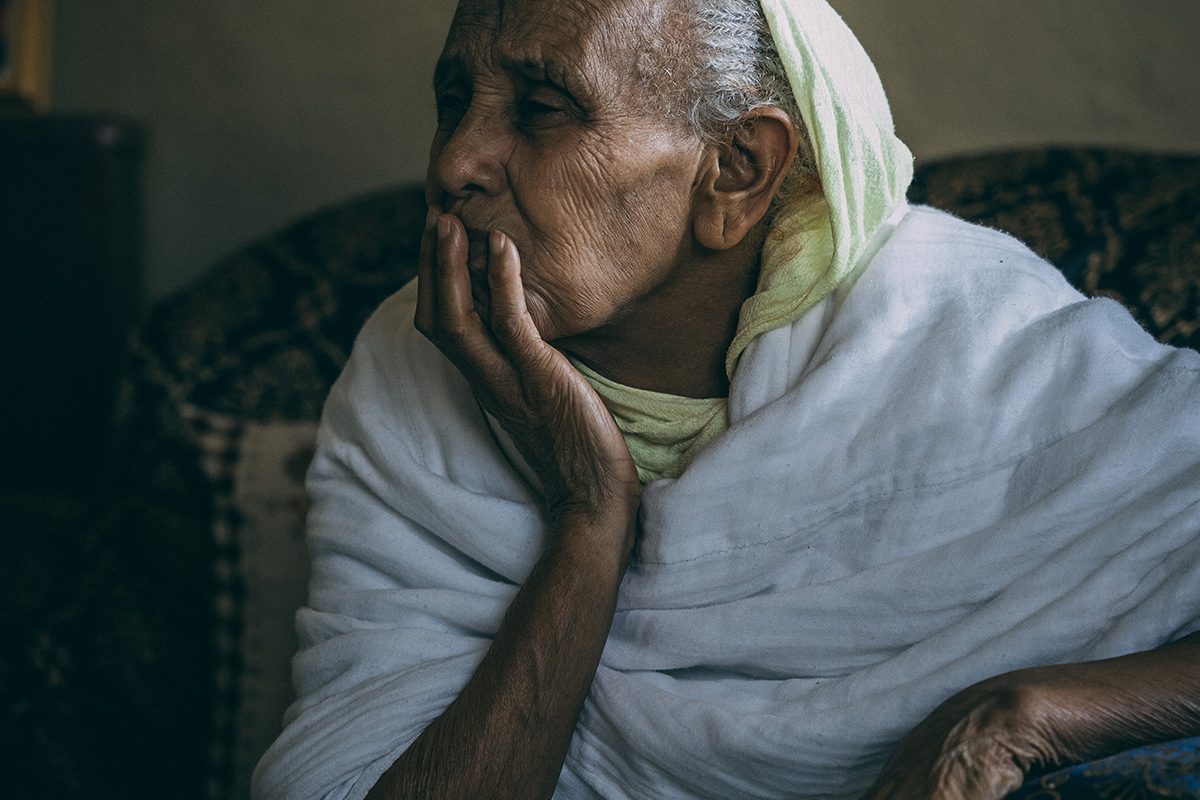Eritrea has been a shit-hole country for some time now. It doesn’t feel good saying it, but I think we all instinctively knew what President Trump meant when he referred to African nations as “shit-hole countries.”
At the time, there was the predictable outrage and pearl-clutching one would expect from politicians and the international press after a congressional staffer leaked the statement. As an Eritrean, it was an impossible insult to ignore. Still, I didn’t give it much thought beyond dismissing it as one in a long line of racist remarks made by the president.
It was within this same news cycle that I left for a pre-planned trip through Western Europe. It was my first prolonged stay in Europe. Throughout my time there, whether it was during my tour of the centuries-old canal system in Amsterdam or my visit to the La Sagrada Familia in Barcelona, I was reminded of the president’s remark. So much so that I called my father while on a final stop at the Louvre in Paris. “We are centuries behind,” he replied with a low laugh. And although I had not explicitly made the comparison, he was right.
Thirty years after independence, we remain a shit-hole. Even the best hotels and businesses operating in the largest cities have inadequate plumbing, water supply, and electricity. The homes in the country largely do not have running water, central A/C and heating, or toilets. If the phrase “shit-hole country” does not apply to these conditions, I am at a loss for what conditions it applies to.
Regretfully, the humiliating circumstances we find ourselves in today have produced a target-rich reservoir of vulnerable refugees for rapists, human traffickers, and organ harvesters to prey on.
The worst mistake most in the diaspora make in the face of this reality is to succumb to the tranquilizing drugs of victimhood and gradualism. By these terms, I refer to the usual invocations of colonialism, foreign interference, and the cynicism that informs those who say Eritrea is a young nation, that its people must be patient, and that at some undefined time in the future, it will achieve the eventual triumph.
Nothing could be more damaging to the cause of a prosperous Eritrea than the complacency and lack of urgency this way of thinking produces. For we are behind, and as long as we remain behind, we will be weak. This weakness is most shamefully on display in the vulnerability of those Eritrean women and children who today sleep on the streets of Tripoli.
Therefore, it is essential to understand that patience is not a luxury those in extreme poverty can afford. Thankfully, there is a template from which we can draw lessons on catching up and moving ahead. Singapore, South Korea, and Taiwan, to name a few, are all countries that resolved not to remain victims of their history or circumstances.
The economies of each of these nations were roughly the same size as Ghana during the 1950s and 1960s. Each faced severe internal and external security challenges, and neither boasted significant natural resources.
Yet, in one generation, each of these nations formulated policies that resulted in their people enjoying some of the highest living standards anywhere in the world today. They succeeded where we have failed.
This is not to say that the historical baggage and competitive struggle inherent in international relations plays no role in development. It undoubtedly does. Nor do I mean to oversimplify the arduous task of nation-building. But if the experience of these other nations means anything, it is that these obstacles can be overcome.
However, success in this endeavor requires courage, the courage to replace leader-worship with democracy; impunity with justice; and complacency with ‘the fierce urgency of now.’ When, in the course of human events, the general will resolves that the current government has become destructive of these ends, it is the right of the Eritrean people to abolish or alter it.



